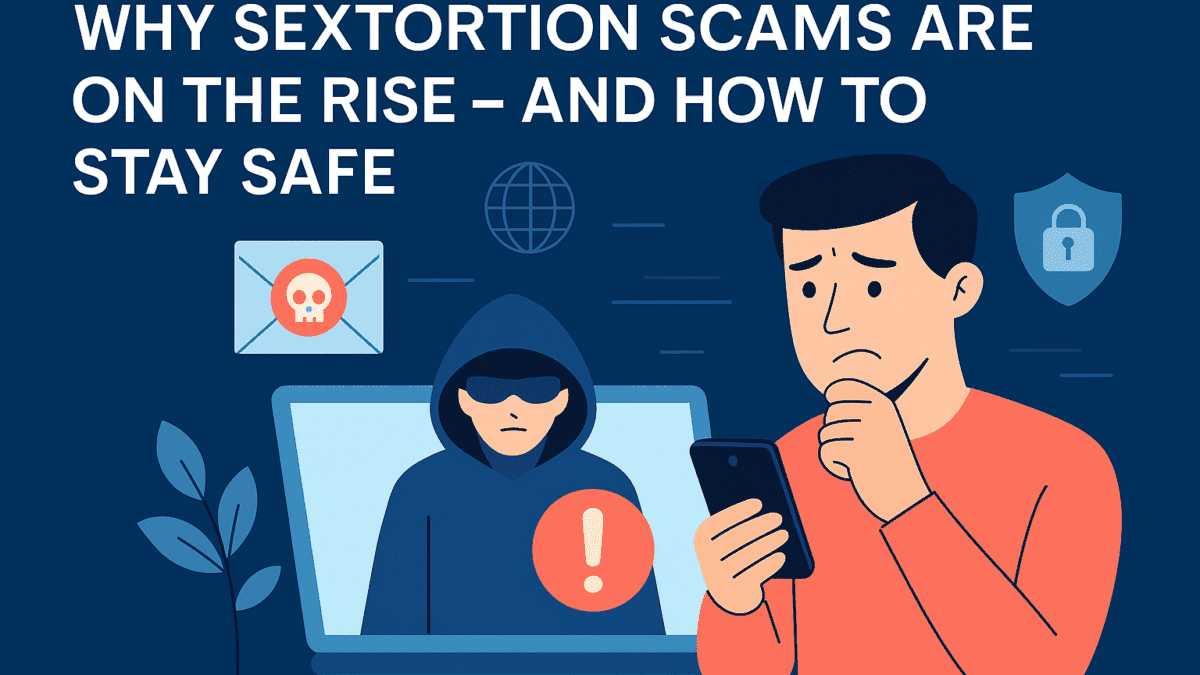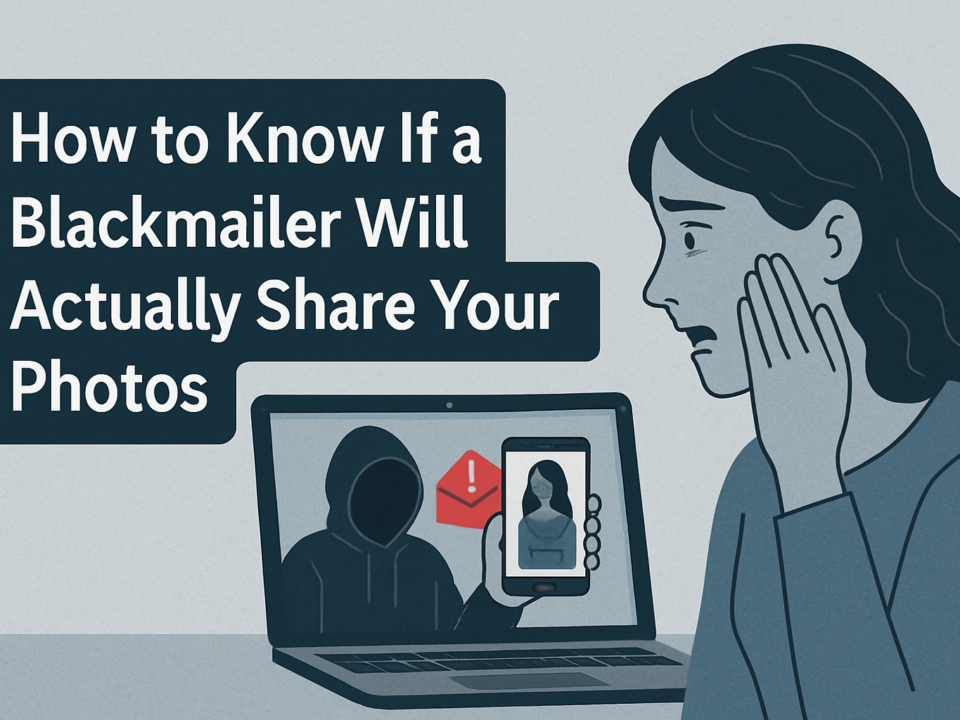
What Can the Police Actually Do About Sextortion?
June 6, 2025
FBI Crackdowns on Sextortion: What These Arrests Really Mean for Victims
June 6, 2025You didn’t search for trouble — but suddenly, it found you.
A stranger sends a message claiming they’ve hacked your webcam, or threatens to leak private content unless you pay. The fear is real. The message is sharp. And the demand is urgent.
Sound familiar? You’re not alone — and you’re not crazy.
Sextortion scams are rising fast across the globe, targeting everyday people. But why now? And how do you stay safe?
This article breaks down what’s happening, why it’s happening, and what you can do to protect yourself — and others.
The Surge: Why Are Sextortion Scams Increasing?
Sextortion used to be a niche cybercrime. Today, it’s one of the most common online scams, and it's hitting everyone — students, professionals, even parents.
The key reasons:
AI tools are making it easier to fake threats (like deepfakes or spoofed videos)
Stolen data leaks have exposed millions of emails, passwords, and images
Scammers operate internationally, making them hard to trace
Messaging platforms like WhatsApp, Telegram, and Snapchat allow anonymity
It’s easier than ever for criminals to find you — and scare you.
What These Scams Usually Look Like
You receive an email or DM claiming your device was hacked
They show a partial password or hacked data to sound convincing
They claim to have a video or photos of you in compromising situations
They demand payment (usually in cryptocurrency) and threaten to share with family, friends, or the public
Sometimes, they even include links or images — don’t click anything.
Are These Sextortion Messages Real?
In most cases, they’re fake — designed to trigger panic.
The scammer often has:
No actual photos or video of you
No real access to your device
Just a recycled message sent to thousands
But the fear they create? That’s real.
Still — some sextortion is real, especially if you shared content willingly. If you're unsure, don’t ignore it — get help.
How to Stay Safe from Sextortion Scams
1. Don’t Respond
Silence is your first line of defense. Don’t engage, don’t pay, and don’t explain yourself.
2. Strengthen Your Online Security
Change your passwords immediately
Enable two-factor authentication (2FA)
Run antivirus and malware scans
3. Report the Scam
Report the email/account to the platform (Gmail, Instagram, Facebook, etc.)
Consider filing a police report if the threats persist
4. Talk to Someone You Trust
Sextortion thrives in shame and secrecy. Confide in a friend, counselor, or digital expert. You’ll feel stronger — and make better decisions.
Final Thoughts
You didn’t ask for this. But you’re not powerless.
Sextortion scams feed on fear. The more people talk about them, the weaker they become. Whether you’ve received a fake threat or a real one, take a deep breath — and take back control.
Help is available. And you don’t have to face it alone.




